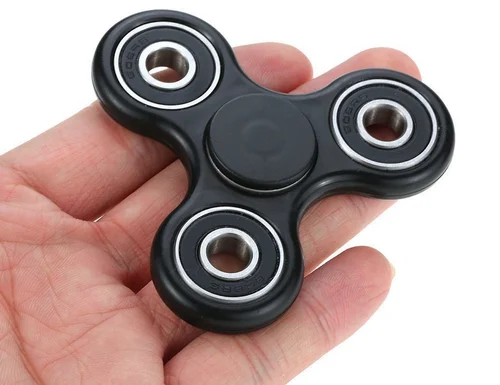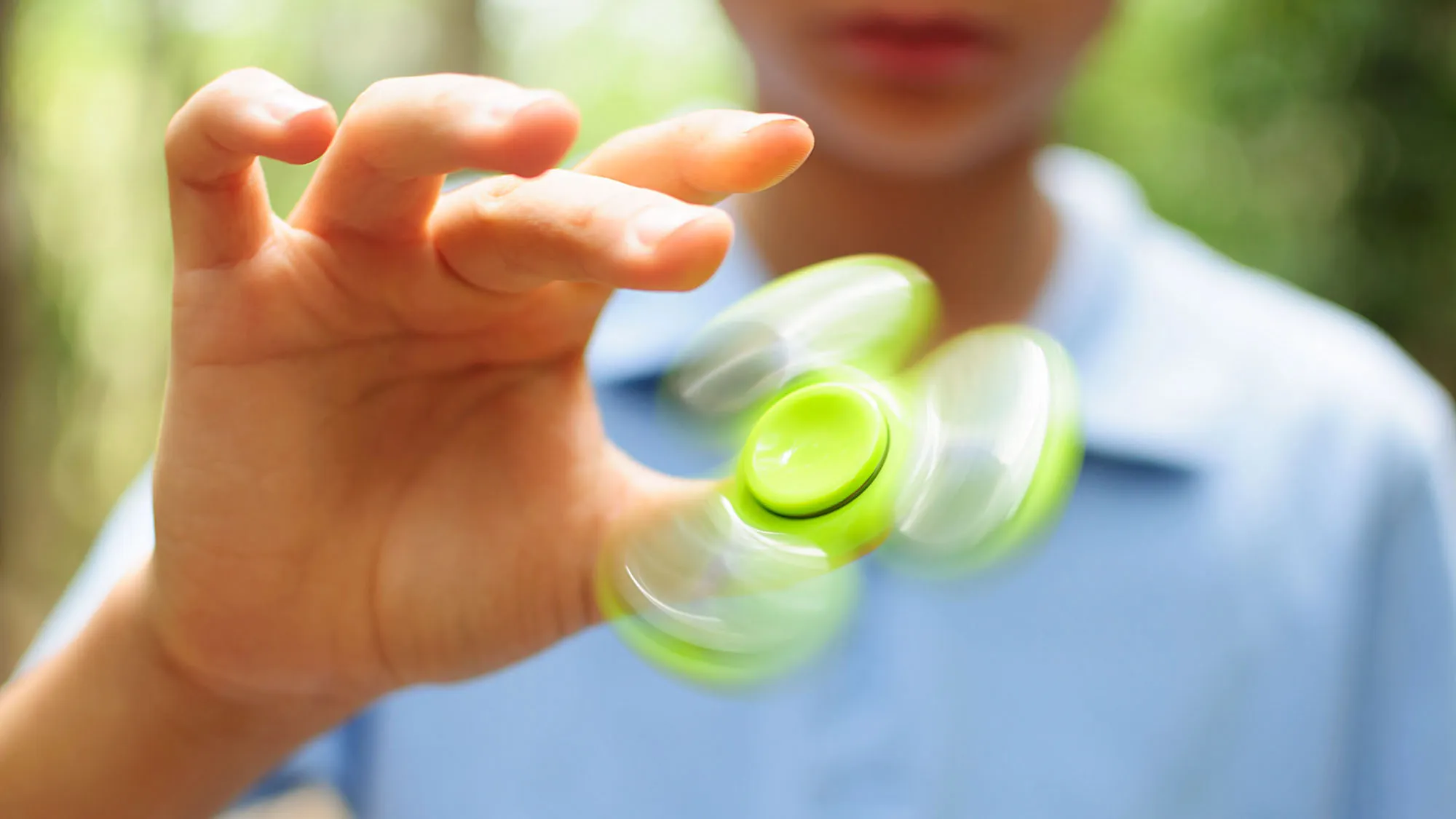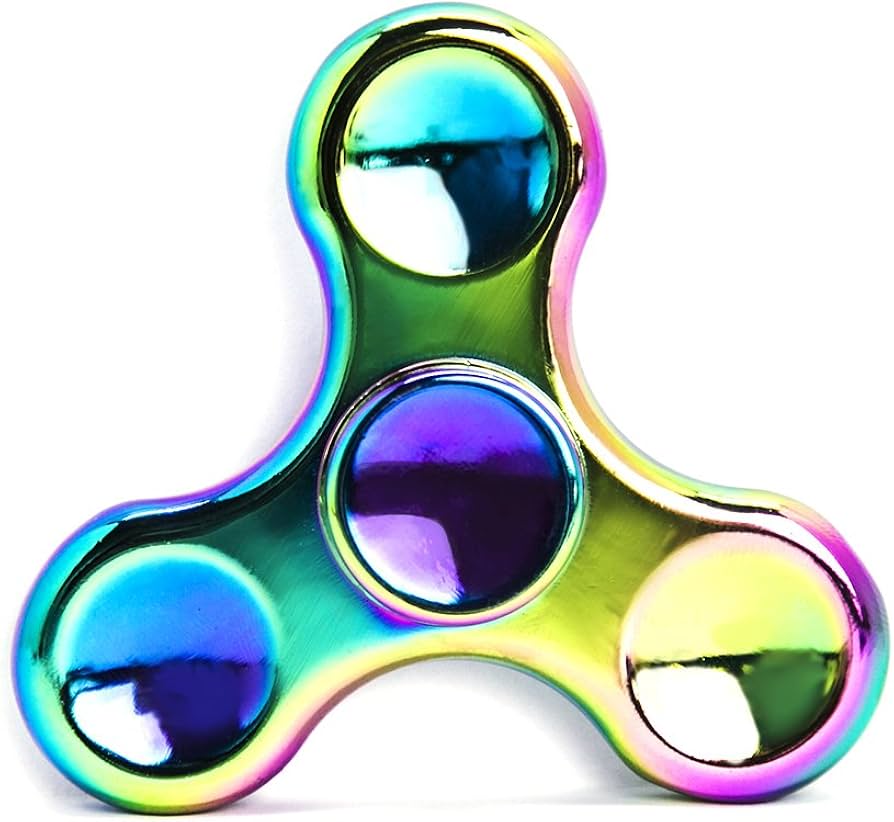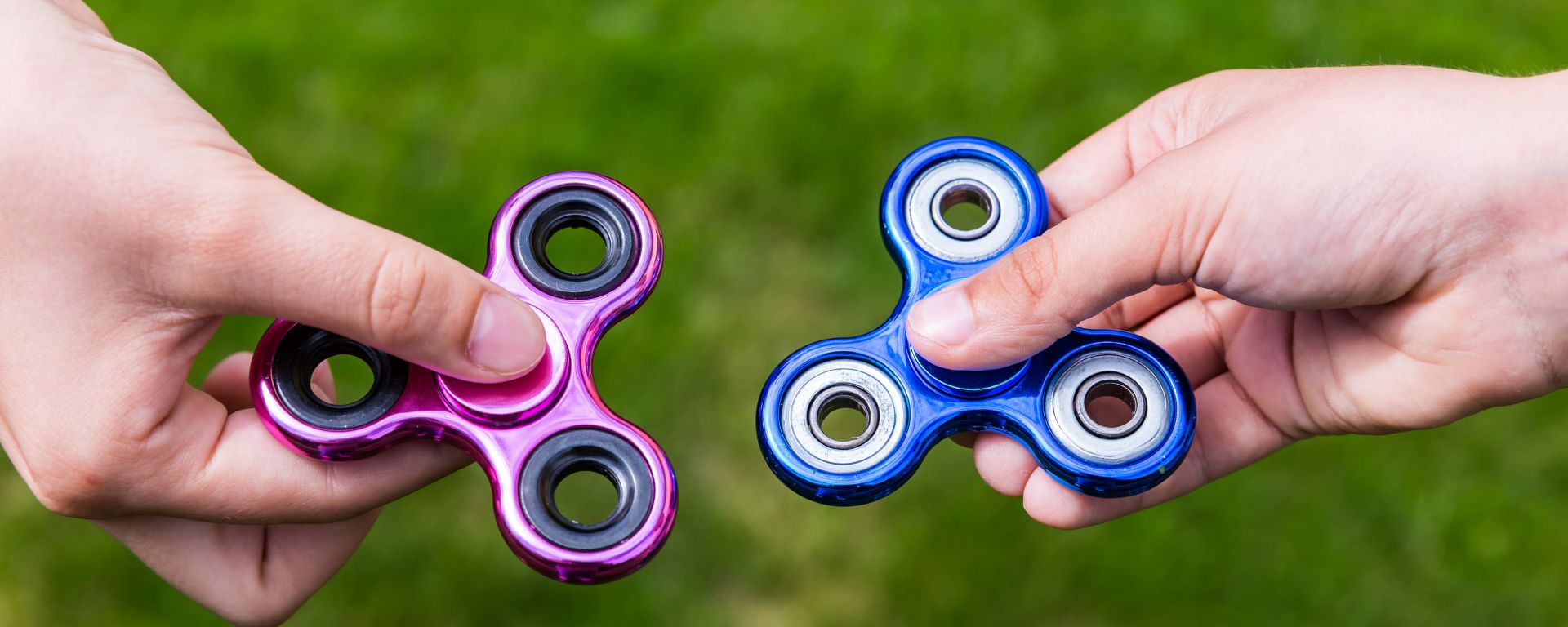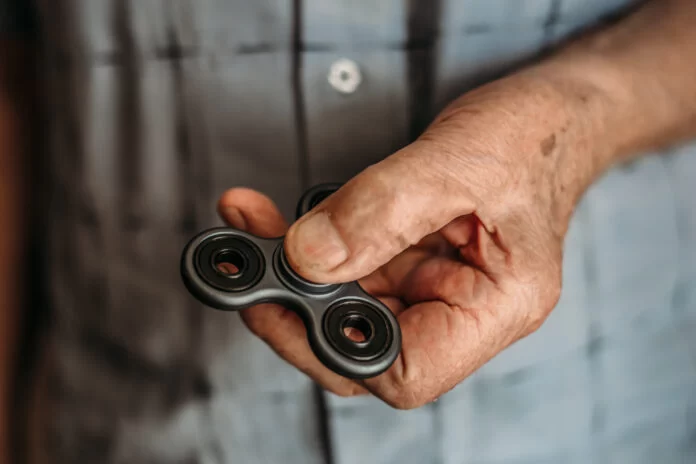Do Fidget Spinners Actually Relieve Stress?
Have you noticed the popularity of those three-sided propeller-like devices that everyone seems to be playing with nowadays? Fidget spinners have taken the world by storm, claiming to offer numerous benefits, especially for those dealing with conditions like ADHD and autism spectrum disorders. They are said to enhance concentration and provide relief from stress, anxiety, and even post-traumatic stress disorder symptoms. But do these claims hold true? Let's delve deeper into the world of anti stress spinners and find out.
Fidget Spinners May Help Us Stop Ruminating
One potential way anti stress spinners might work is by distracting us from constantly dwelling on stressful thoughts. Although specific studies on fidget spinners as distractors are lacking, research has examined the effects of distraction on rumination. For instance, a study published in a journal divided tweens and teens into three groups to assess the impact of distraction, meditation, and problem-solving on rumination. Not surprisingly, meditation had a positive effect in reducing rumination, but the distraction intervention also helped participants break free from rumination, unlike the problem-solving activity. Even though the distraction in the study wasn't a fidget spinner but a listening-and-rating activity, the fact that distraction could be as effective as meditation in steering people away from rumination is quite remarkable.
Using a Fidget Spinner May Put You in a Meditative State
Mindfulness and meditation have been proven to have significant positive effects on stress, both in our daily lives and in more severe forms of stress disorders like PTSD. Fidget spinners have the potential to be excellent objects of focus for mindfulness meditations. If they encourage people who wouldn't typically engage in meditation to do so, this could undoubtedly be considered a benefit of the spinner itself.
Any Form of Movement Is a Good Thing for Our Brains
Some research has found that young people with ADHD often benefit from movement and feel more focused after being allowed to move their large muscle groups. While this hasn't been specifically demonstrated with fidget spinners, the argument can be made that any form of movement could potentially serve a similar purpose.
Using Fidget Spinners May Serve as a Mini Ritual
Those who are autistic or have ADHD may find stress relief through "mini-rituals," or repetitive behaviors that offer continuity and a comforting distraction. Using a fidget spinner, similar to a mini-meditation or other rituals, can provide this kind of outlet.
Fidget Spinners May Help to Normalize Fidgeting as a Whole
It's possible that fidget spinners could help normalize behaviors that many people, especially those on the autism spectrum, find difficult to control but are not commonly shared by others in the environment. With the prevalence of fidget spinners, the need to fidget is no longer seen as something that needs to be corrected. Instead, it reduces the stigma around fidgeting as their use becomes more widespread. If everyone is using a fidget spinner, individuals are less likely to feel isolated.
If a Fidget Spinner Works for You, Then Use It
In the end, if a fidget spinner helps you feel less stressed, there's no reason not to use one. However, if it bothers those around you or distracts you from your work or studies, it might be best to leave it at home. Remember, the key is to find what works best for you and your environment.
Conclusion
In conclusion, anti stress spinners have emerged as a potential tool for stress management. While the scientific evidence is still evolving, many people report finding relief and benefits from using them. If you're considering giving an anti stress spinner a try, go ahead and see if it makes a difference in your life. But always be mindful of how it affects those around you and your own productivity. After all, the goal is to find effective and appropriate ways to cope with stress and lead a more balanced and peaceful life.

